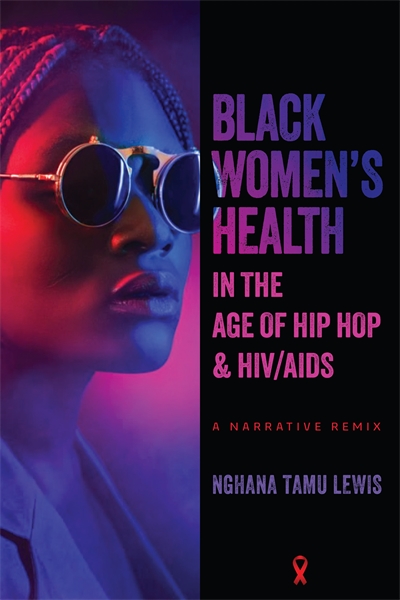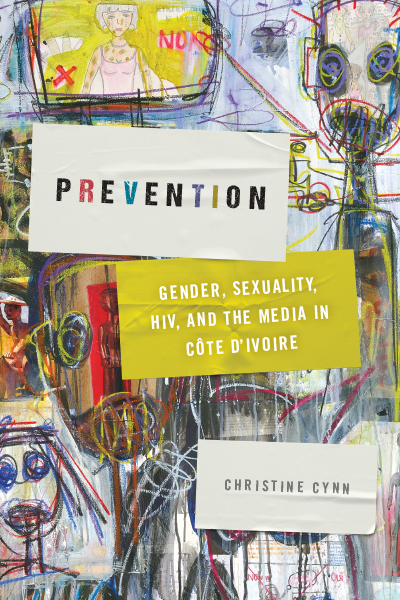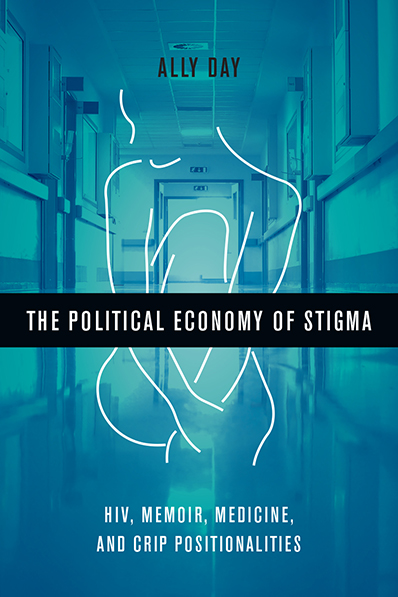“Timely and deeply urgent—a valuable read for all those longing for a just healthcare system....This book serves as a powerful example that the health of Black women cannot be understood apart from the stories they tell and the stories told about them.” —Jade Dickenson, Intima: A Journal of Narrative Medicine
“This is a brilliant, fascinating, welcome exploration of a topic that has historically been relegated to invisibility. Lewis masterfully assesses the ways black women creatives have deployed practical and analytical tools from generations of black feminists to allow their works to be instructive and empowering mechanisms of change.” —Trimiko Melancon, author of Unbought and Unbossed: Transgressive Black Women, Sexuality, and Representation
“By merging her close readings with sobering statistics about the impact of HIV and AIDS on Black women and girls, Lewis passionately argues for us to pay attention to the stories of Black women and the continuing effects of HIV/AIDS.” —Christina N. Baker, author of Contemporary Black Women Filmmakers and the Art of Resistance
In Black Women’s Health in the Age of Hip Hop and HIV/AIDS, Nghana tamu Lewis chronicles the work of five black women creators to demonstrate how hip hop feminism operates as a vital tool for interpreting and building knowledge about the lived experiences of black women and girls. Between 1996 and 2006, novelists Sapphire and Sister Souljah, television producer Mara Brock Akil, and playwrights Nikkole Salter and Danai Gurira addressed the neglect of black women’s health in mainstream biomedical and public health discourses. At a time when responses to the HIV/AIDS epidemic largely focused on gay white men, Lewis argues, these creators deployed the strategies of hip hop feminism to frame and untangle issues of self-care, risk, and the ways that caregiving roles place black women and girls at disproportionate risk of adverse health outcomes. Building on previous intersectionality and social justice advocacy scholarship, Lewis argues that Sapphire, Souljah, Brock Akil, and Salter and Gurira both documented the effects of the epidemic on black women and girls and equipped the masses with solutions-oriented responses to the crisis, thus intervening in ways that mainstream biomedical and public health research has yet to do.
Nghana tamu Lewis is Associate Professor of Africana Studies and English at Tulane University. Her research and teaching focus broadly on black literary and cultural studies, black women’s health and wellness, hip hop culture, and criminal justice reform. An attorney, she was elected district court judge for St. John the Baptist Parish, Louisiana, in 2020.
Contents
Acknowledgments
Introduction A Tale of Three Influences: My Roots/Routes (in)to Black Women’s Health, Hip Hop, and HIV/AIDS
Chapter 1 In Search of Our Mothers’ Theories: Hip Hop Feminism in Praxis
Chapter 2 “Cunt Buckets” and “Bad Bitches”: Black Girl Identity Formation and Sexual Health in PUSH: A Novel and The Coldest Winter Ever
Chapter 3 Transnational Flow(s): Staging Silence, Stigma, and Shame in In the Continuum
Chapter 4 “Prioritized”: The Hip Hop (Re)Construction of Black Womanhood in Girlfriends and The Game
Chapter 5 In Memoriam—and in Life
Appendix
Bibliography
Index





